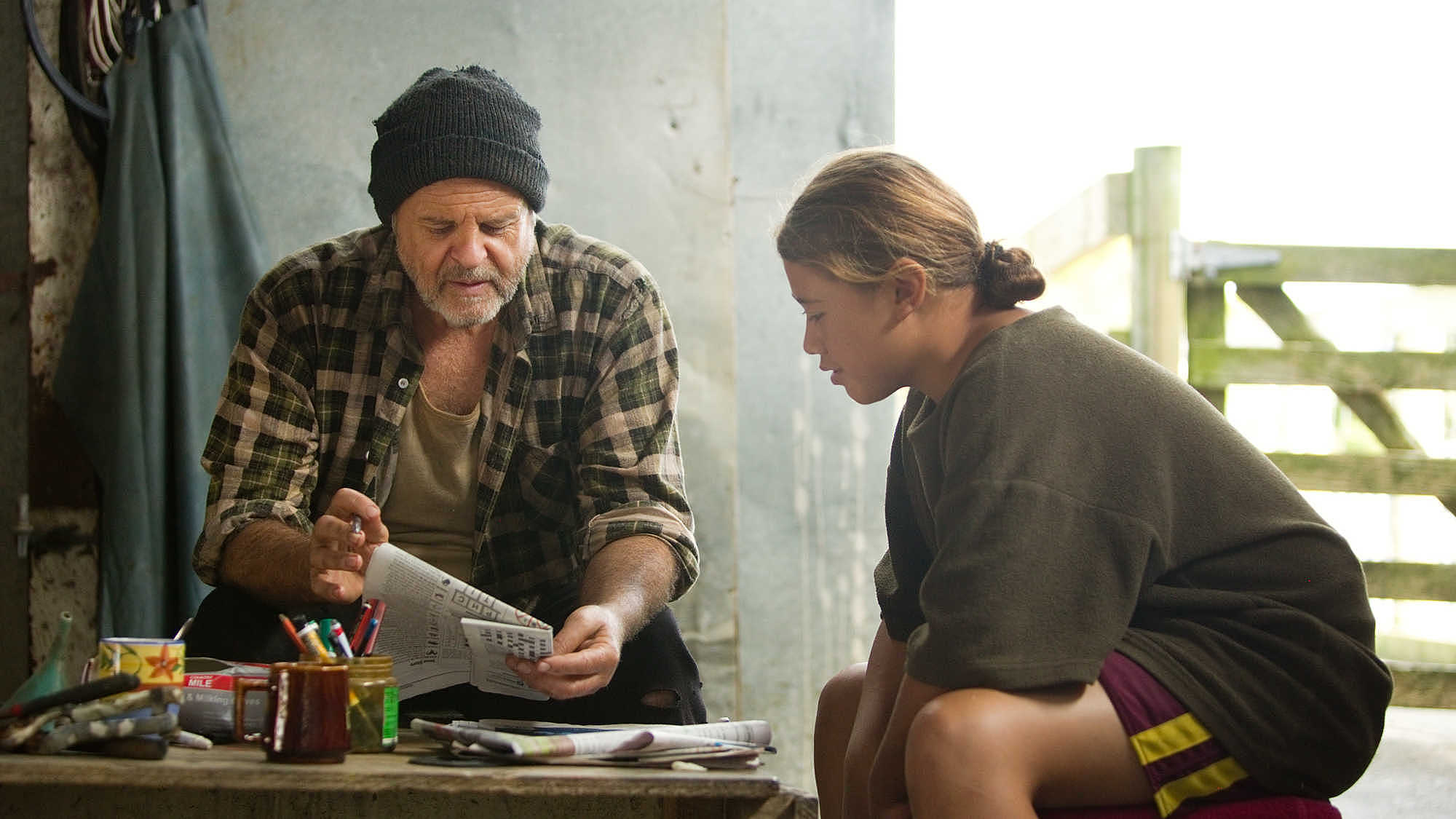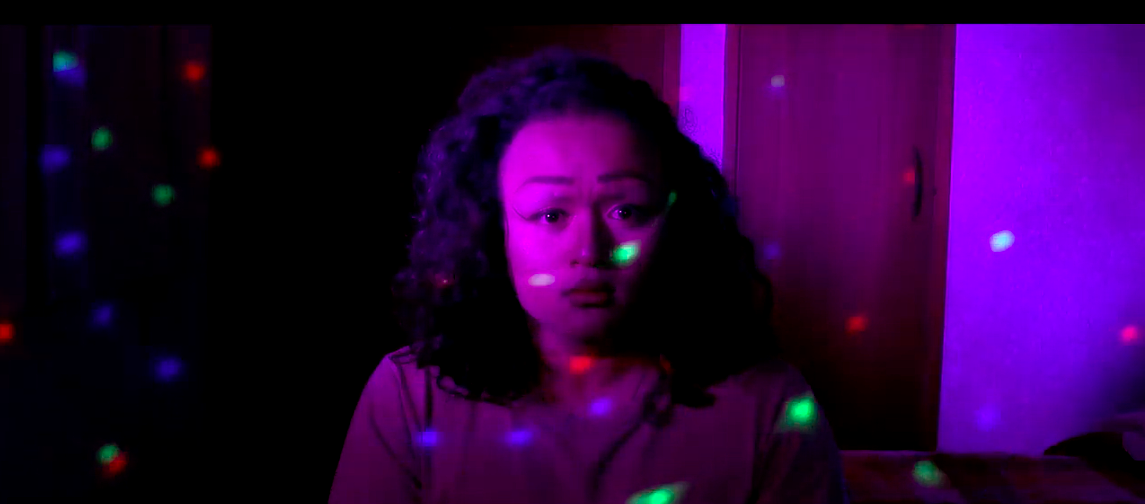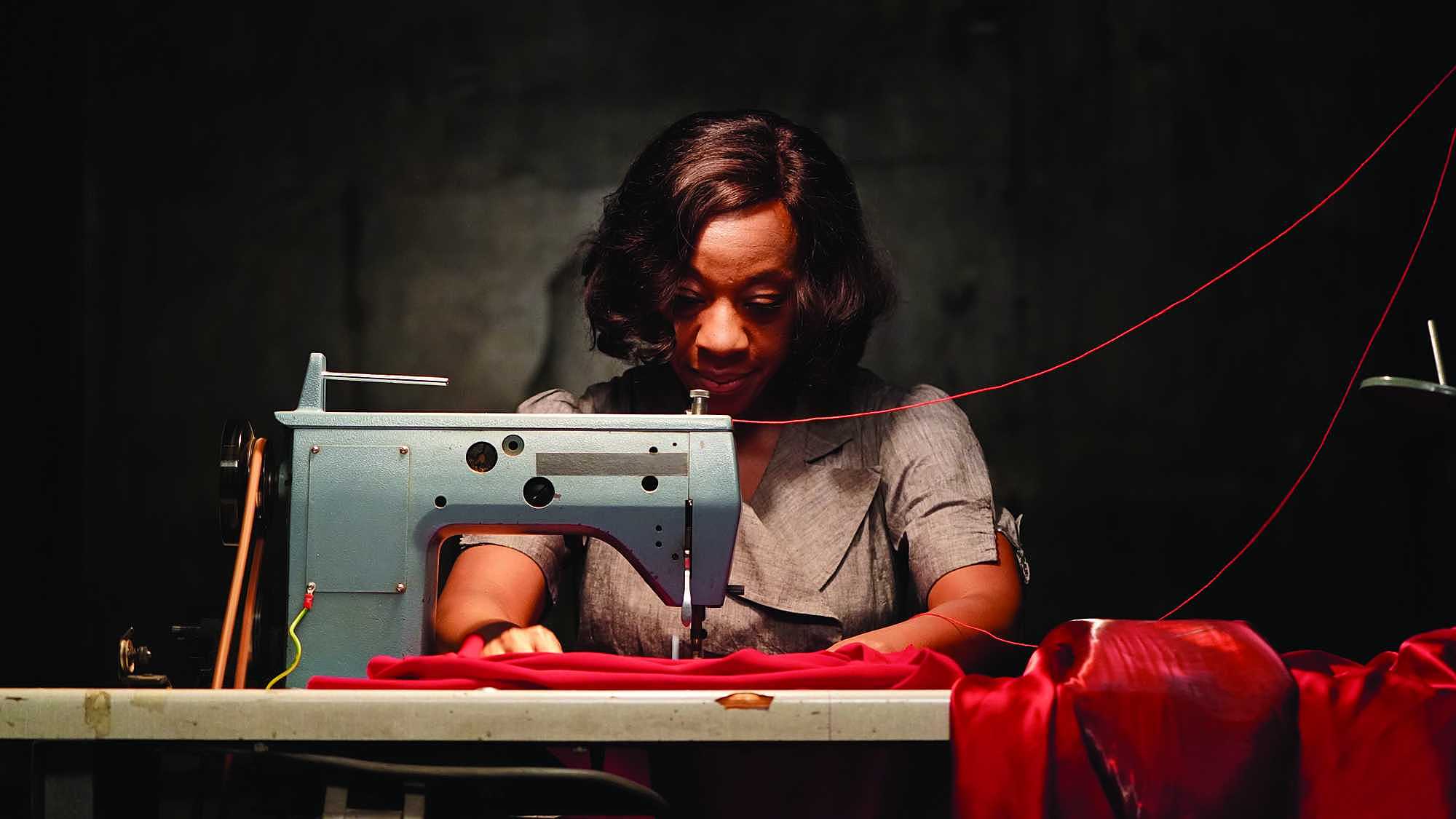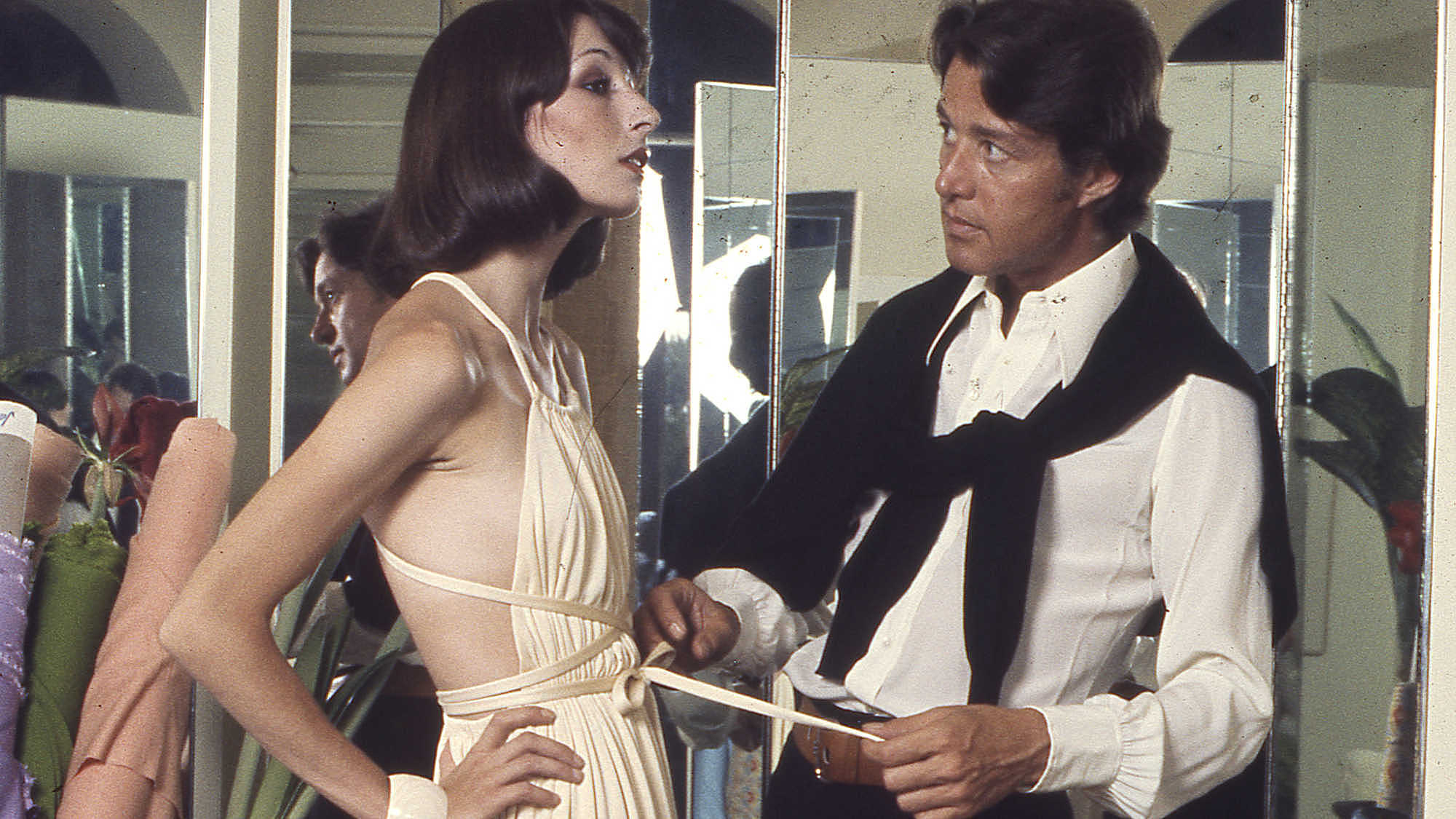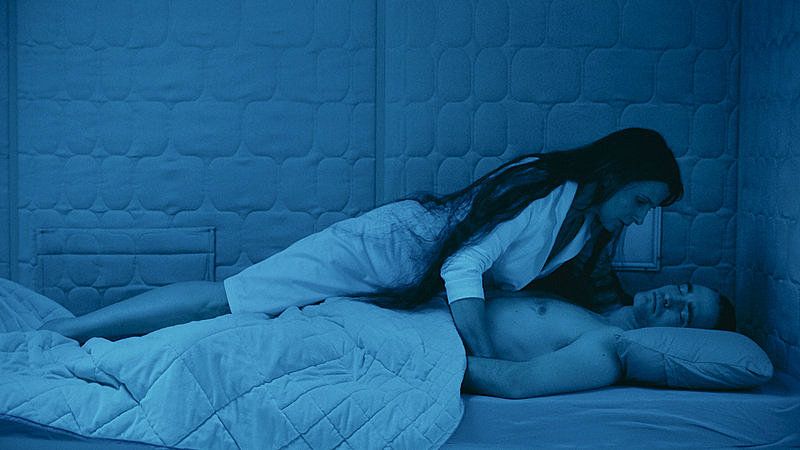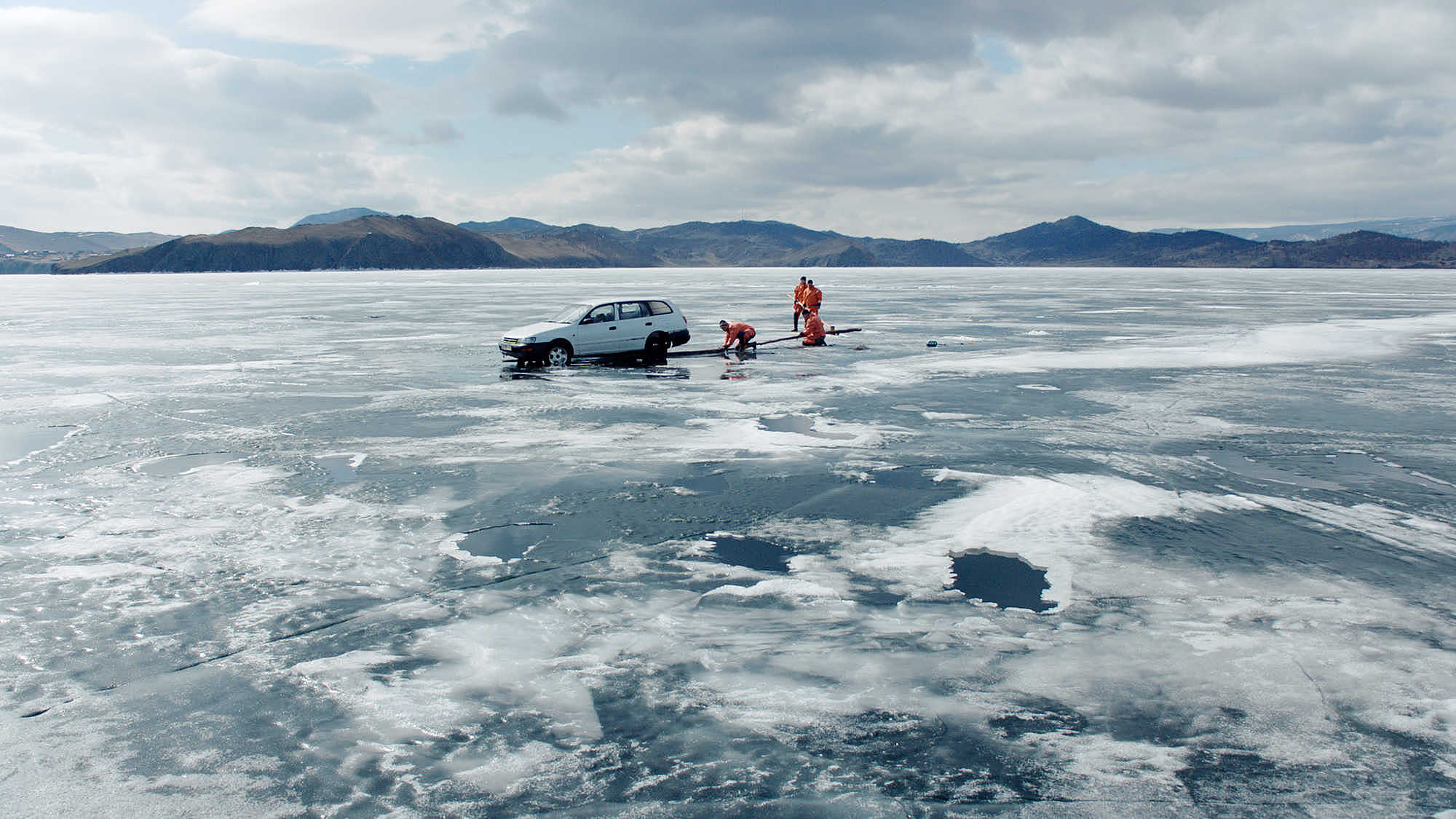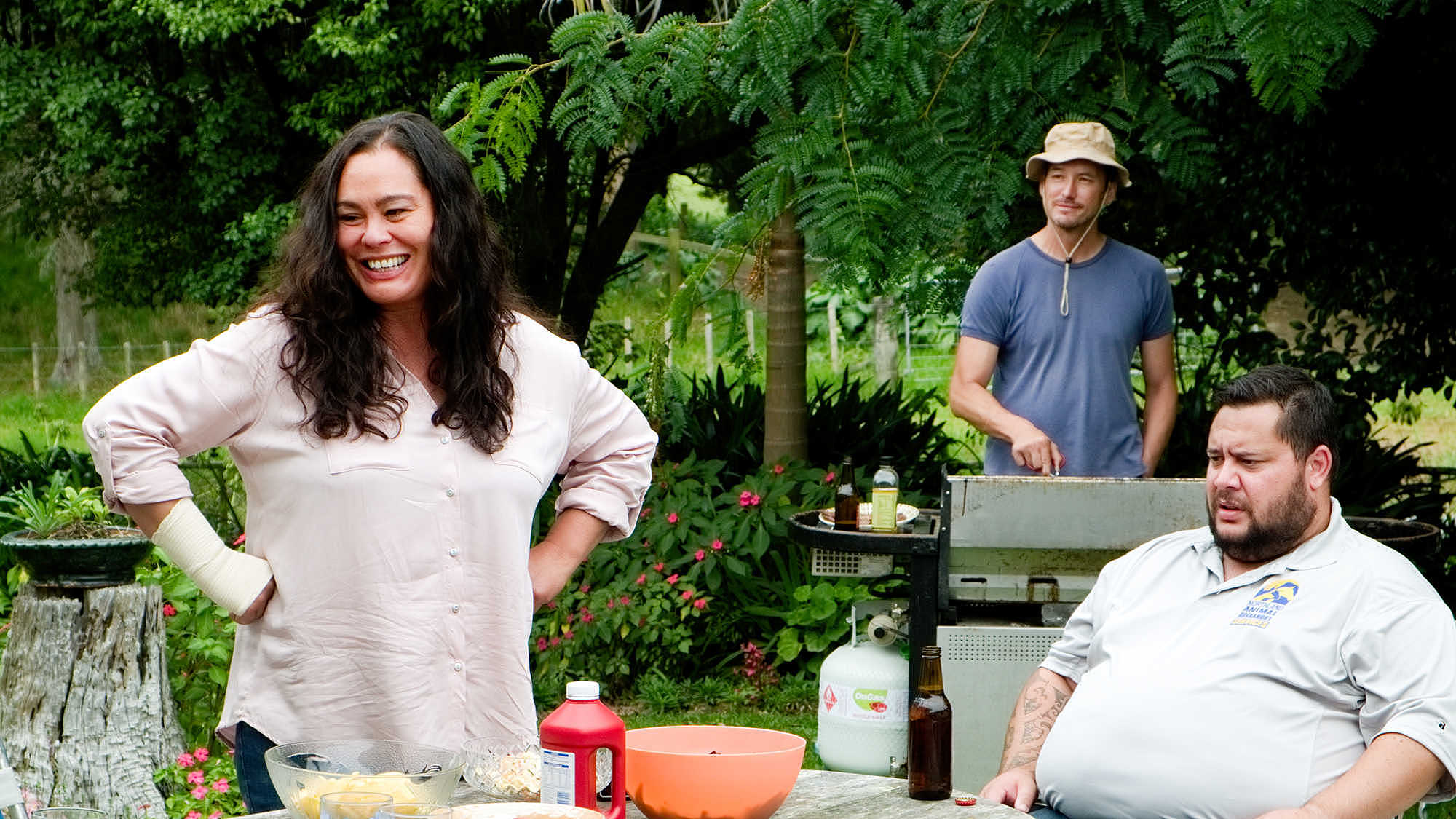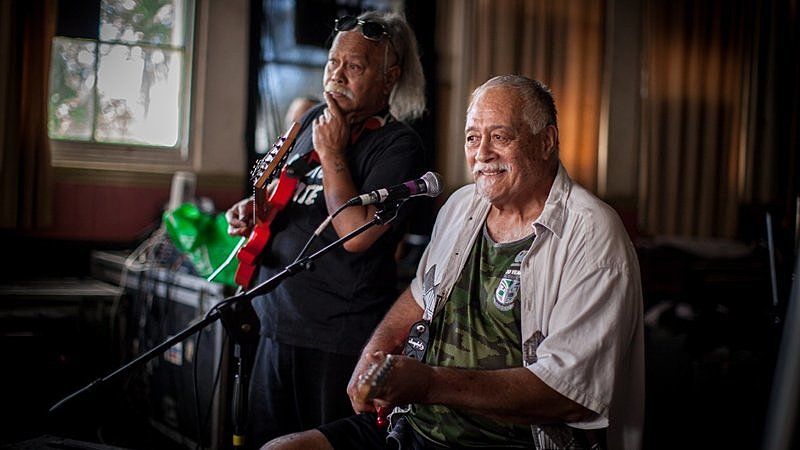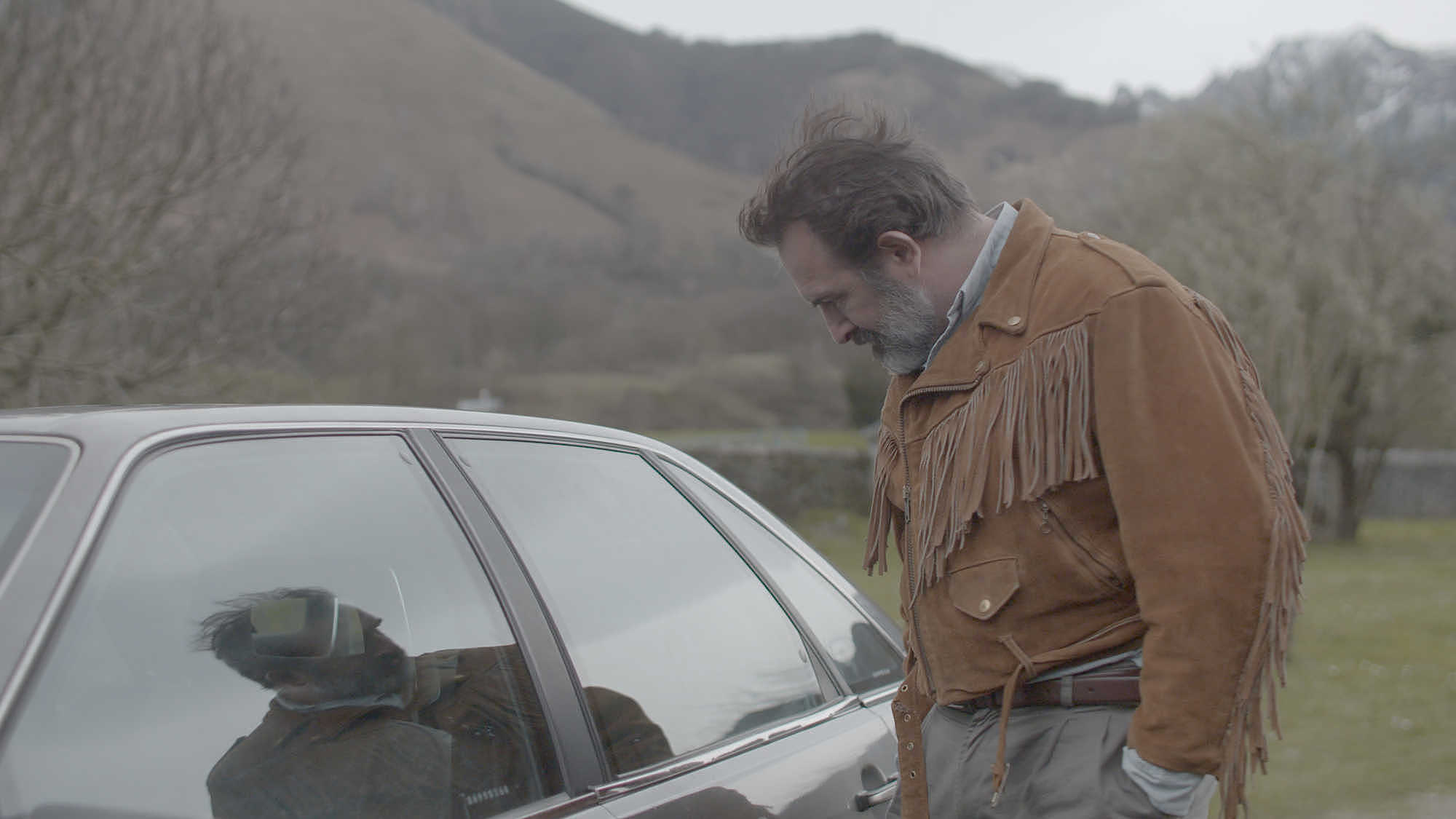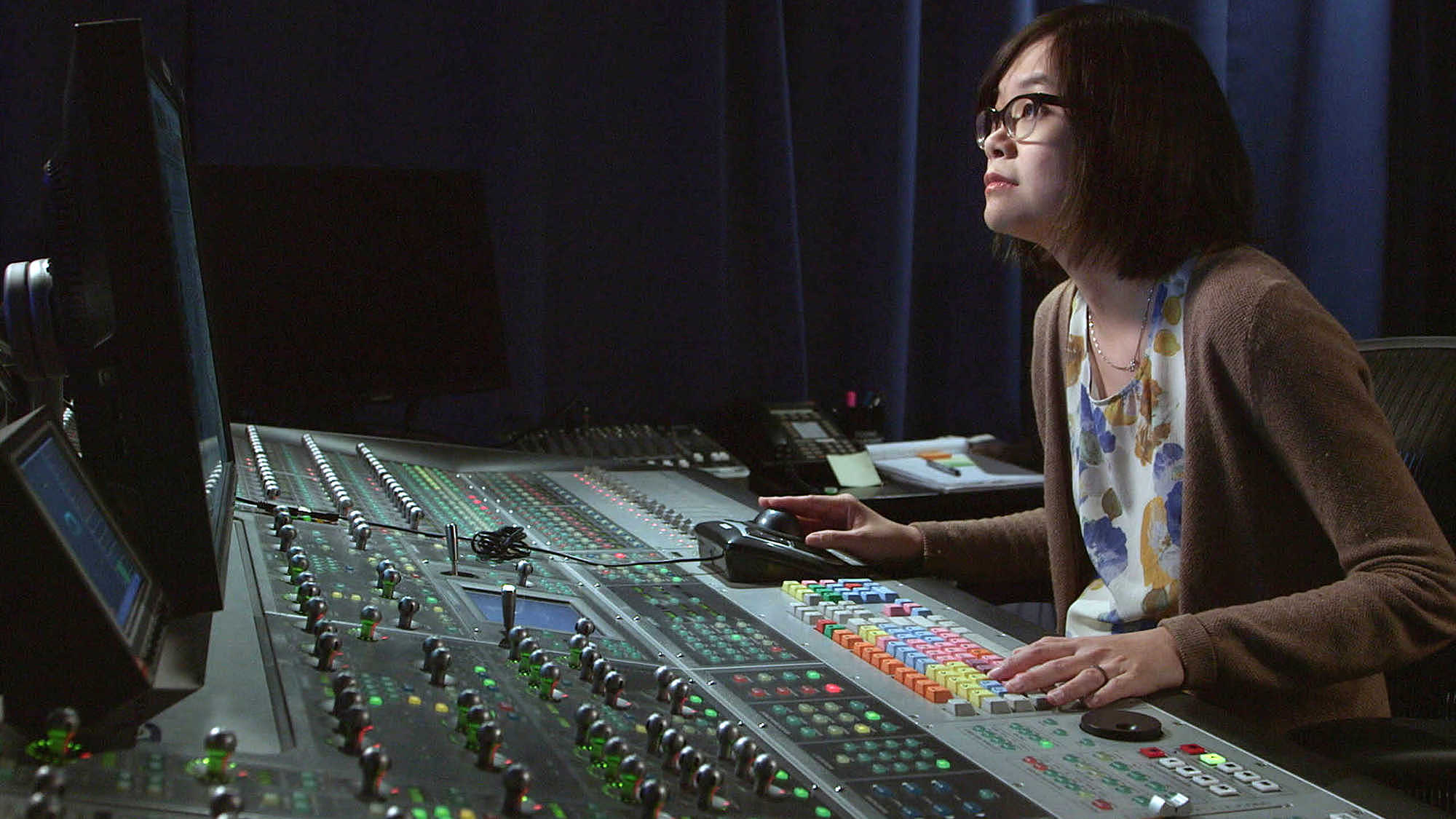The Pantograph Picks: NZIFF 2019
Our top picks from this year’s New Zealand International Film Festival
Our staff writers – Vanessa Crofskey, Tayi Tibble, Lucinda Bennett and Kate Prior, plus veteran film writer Doug Dillaman – bring you their top picks from this year’s New Zealand International Film Festival
Film festival season is upon us! Whether you circled almost everything in the programme then gave up trying to decide, or you have yet to steal a dog-eared copy from your office staffroom – we’ve all been there. Here we present our own top picks to make your film festival decisions a little bit easier.
Vanessa Crofskey
A few years ago I read the book Messages From An Unknown Chinese Mother by British-Chinese reporter Xin Ran. It documented some of the darkest aspects of the One Child Policy, introduced by the People’s Republic of China as a preventative measure against mass starvation. Xin Ran gathered stories from her time spent in PRC about mothers who were forced to kill their freshly born offspring, families who conducted illegal abortions, abducted kids, orphaned daughters, adoptees who grew up in the West wondering why their biological mothers had abandoned them. I cried when I read it, and my 妈妈 hugged me. So often when we talk about China, we talk in coded terms about the pressure of the state against its people. Those who make comments on what is a widely diverse region of people, are normally outside of purview from its reach or legacy. Those who are most affected by the system are hidden behind a curtain, the victim of statistics.
One Child Nation, directed by Nanfu Wang and Lynn Zhang, and winner of the Grand Jury Prize at Sundance, is an in-depth look at the traumatic human after-effects of one of the world’s most complex laws, shown from a recent mother's perspective. This film will be a necessary viewing for those interested in the politics of China and for anyone who couldn’t imagine life without being able to raise their child, nor without being able to see their mum.
New Zealand’s Best 2019 represents six standout short films from our top New Zealand makers. Personally selected by HRH Jane Campion from a competitive entry pool of 91, the films vary in style, content and tone. This year expect drag queens, estranged families, Māori period dramas, fresh-out-of-jail house parties, egg cups and obsessions. I love going to the New Zealand’s Best screening every year. It’s always one of the most community-oriented events in the line up, with the crowd cheering after each short, celebrating our own artists and tales being programmed next to international heavyweights. You also get to vote on your favourites! It’s almost like being an arts patron. Short films are also deviously clever. With less time and production budget to play with, what’s produced is fresh and formidable. The short films on show are: Nancy From Now On, Krystal, Egg Cup Requiem, Golden Boy, Our Father and Hinekura.
Tayi Tibble
My favourite genre of cinema is femme horror films. Think The Love Witch, The Neon Demon and Jennifer’s Body. I like to collect films, intellectually, in my head and as a list in the notes section on my phone and as such, I currently have my eye on Peter Strickland’s 2018 film The Fabric. Apparently it’s about some freaky department store. There are kinky mannequins, garment lust and a demonic red dress. The dress is so demonic, that an inanimate washing machine tries to kill it. I know this because I watched the trailer and, tbh, it seems weird and potentially dumb, which is why it’s my top pick. True excellence straddles the line of stupidity, cowgirl style. But what is really important is that it has a 96% on Rotten Tomatoes, which is like, up there.
Speaking of dresses, the other film I will be getting to is the documentary Halston by Frédéric Tcheng. I adored his previous fashion films, Dior and I (2014) and Diana Vreeland: The Eye Has to Travel (2011). I think I will enjoy this documentary especially, because a large part of me is a spacey seventies bitch, lonely and existential, strung out and wandering around a californian poolside at dusk in a plunging lamé dress. Halston was the designer of such dresses and inaccurate fantasies. The designer of the 1970s, Halston was the man responsible for putting Jackie Kennedy in a pillbox hat, but he also designed with the dream to “dress everyone in America”. However, when he went to do that by way of signing a deal with JC Penny, all of his snobby rich clientele were like, um wtf gross, and he lost his company and the use of his name. I also read a thing on the Guardian, which said “This profile has a pretentious – and pointless – framing device in which fashion writer Tavi Gevinson plays a fictional archivist who turns detective to investigate Halston’s life,” but I have been jealous of Tavi Gevinson for many years, so now I have to see it.
Lucinda Bennett
Juliette Binoche stars in a cool three films at this year’s festival, all of which look phenomenal, like everything she does. High Life, however, is the one for which she has been described as “astonishingly uninhibited” in her portrayal of a doctor conducting bizarre sex experiments on the crew of prisoners piloting the doomed spacecraft aboard which the film is set. It is also the first sci-fi from incomparable auteur Claire Denis, who has made some of the most important films of the last 30 years, including Beau Travail (1999) and Trouble Every Day (2001). If I still haven’t convinced you, the film also stars Robert Pattinson (of Twilight fame), André 3000 (aka one half of OutKast) and a baby.
While so many digital films tie themselves to 24 frames-per-second in an attempt to mimic the cinematic look of analog, Aquarela embraces the possibilities of digital, exploiting high frame rates to create an image that is sharper, almost uncannily real. Essentially, Victor Kossakovsky uses the same technology pushed by Peter Jackson for The Hobbit films, but to far more worthwhile ends: to capture the raw beauty and power of water. Who wouldn’t want to see an immersive documentary about water, scored to heavy metal and the crunching, thundering sounds of icebergs and waves, waterfalls and global warming?
Kate Prior
This year is a frugal film fest for me, so I need to make judicious choices. For this kid who unfolded solar system posters out of National Geographic and stuck them on her bedroom wall in the 80s, Apollo 11 is a no-brainer. Because oh my god, have you seen the trailer!? Created purely from newly discovered 70 mm archival film of the Apollo mission, it is lushhhh. Watching rich, crisp film footage of a global event which is stored in our collective memory only as audio files and still photography is mind-bending. In it, Buzz Aldrin flicks the camera a momentary look that is so charged and conspiratorial and intimate, it couldn’t be better if played by an actor in the best drama. This is definitely an only-at-the-Civic/Embassy experience.
I’ve followed writer/director Hamish Bennett and producer Orlando Stewart’s journey with this film since we both had shorts in the NZIFF New Zealand’s Best competition in 2014. Bellbird is an extension of their beautifully understated award-winning short Ross and Beth, and once again features the talents of quiet Aotearoa acting legend Annie Whittle. The rest of the cast is also excellent and includes two actors, Cohen Holloway and Rachel House, who are often cast for laughs but who I love seeing flex in more dramatic roles. It takes truckloads of hard work and determination for creative teams to take a concept from short form to feature and I have a strong feeling this will have been well worth it.
Poi E: The Story of Our Song had me in tears, heart bursting, on a flight once, Tearepa Kahi is telling the stories of our culture we all need to hear with humour and pathos, Herbs are total legends and I wouldn’t miss this for the world.
Doug Dillaman
One of the very best films of Cannes wasn’t in competition at all. Going into Deerskin, viewers familiar with Quentin Dupieux (most famous for Rubber, about a psychic killer tire) knew to expect absurdity. And there’s no question that the tale of a man whose obsession with a deerskin jacket reaching unhealthy levels delivers. But, partly through an astoundingly committed performance by Jean Dujardin, Deerskin transcends silliness to deliver both laughs and – as with the best absurdity – a deep undercurrent of sadness. Add to the picture the extraordinarily versatile Adele Haenel (also in this year’s Portrait of a Lady on Fire) as an amateur editor who begins assisting Dujardin in his filmmaking efforts, and you've got a surprisingly rich (and genuinely surprising) cocktail that speaks to artistic commitment, broken masculinity and belonging. Do pay attention to the censor warnings (there’s no shortage of bloodshed), but by Incredibly Strange standards Deerskin is no endurance test; rather, it’s a deeply warped, great time at the movies.
Making Waves: The Art Of Cinematic Sound
It’s perhaps counterintuitive to recommend a film principally because it will make your experience of other films better, yet that’s precisely true of Making Waves: The Art of Cinematic Sound. While it’s common parlance to talk about “watching” a movie, listening is arguably even more important. Through a history of the development of sound, and analysis of how it is practiced today, Making Waves makes an accessible, passionate argument that the artistry at play in audio is every bit as nuanced and important as the image on the screen. There’s no shortage of famous talking heads, including a few surprising ones – I had no idea of Barbra Streisand’s pivotal role in cinematic sound, for instance – and the case studies dig into fascinating details from famous films, including Apocalypse Now (also playing NZIFF in a Final Cut that will blow your eardrums). Nestled in the Women in Cinema section of the programme, there’s no shortage of female contributors, but it’s only secondarily a feminist work. First and foremost, Making Waves is for anybody who has ears and wants to open them.
Browse the rest of the NZIFF programme here Feature image: Bellbird
